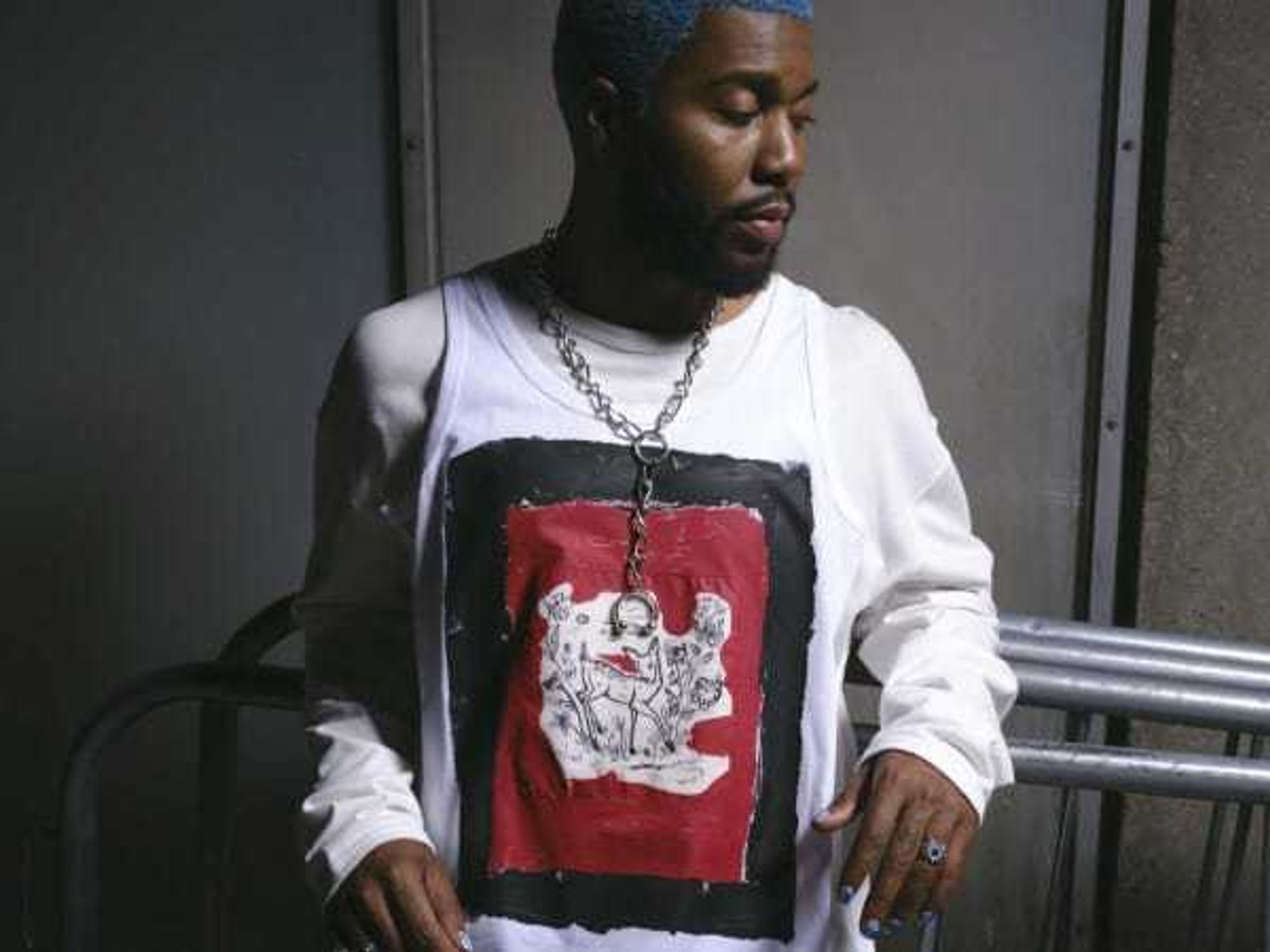Sinking in the Dead Pool
In a world of Twitter & Facebook, do we share some responsibility for AmyWinehouse's death?
Soul singer Amy Winehouse died today. It was announced on Twitter, and confirmed shortly thereafter by the London Police. It's the way that these things happen in 2011. She was 27.
Most people are sad about it. Who wouldn’t be? She was a young woman of immense talent and obvious, deep troubles.
But the person who won the free iPod Touch for guessing July 23, 2011 on www.whenwillamywinehousedie.com — that person might not be as sad as most of the people who are right now spinning Winehouse's smash 2006 album Back In Black. The people who had July 22nd and July 24th in the dead pool, though, might be extra sad to make up for it.
There’s a meanness to us — all of us — when you get us in a group. One on one, none of us are to blame for Amy Winehouse’s death. You and me, we’re good people. It’s the larger, collective us that carries some responsibility.
But most people are sad. She was 22 years old when America met her, when her tiny frame, beehive hairdo, dramatic eye makeup, and bold tattoos belied a soulful voice that we hadn’t heard come from a white girl since Dusty Springfield went down to Memphis. She opened doors for musicians – especially women – from Adele to Janelle Monae, and she knew immediately how to give us what we want from our artists. Which is: pain that we can interpret it as authenticity. It’s not an accident that her breakthrough single was a song about how she refused to go to rehab at the behest of her handlers. She had to earn that voice somehow.
It’s also not an accident that she died. Not really.
Any 27-year-old woman who had a popular Internet dead pool running isn’t really the victim of an accidental drug overdose. And while we — the culture that celebrated her pain because it made her seem real in a way that other pop stars didn’t and, when that got old, cackled over her every misstep or setback — didn’t exactly kill her, we sure didn’t help matters any. You can blame “the media,” but in 2011, when news breaks on Twitter and we’ve all got the power to share the stories we find relevant on Facebook, that term doesn’t exclude the average Internet user.
There’s a meanness to us — all of us — when you get us in a group. One on one, none of us are to blame for Amy Winehouse’s death. You and me, we’re good people. It’s the larger, collective us that carries some responsibility for paying the salaries of the people who waited on her block with cameras, hoping to grab a shot of her looking like a mess. It’s the us that clicks on TMZ and Perez Hilton and shares the links on Facebook, that tells an obviously-damaged drug addict that we love her because of her addictions, and then blames her for being unable to overcome them, re-tweeting every snarky joke about her sloppy performance in Belgrade last month.
We aren’t guilty of homicide, or even manslaughter in The People vs. Amy Winehouse, but we sure didn’t do a whole lot to discourage it. Our big group culture of meanness kept an eye on her, expecting her to die, and now she has. But none of us —except the person who wins the iPod Touch — gets a prize for it.
Maybe the rest of us can win a little bit of shame, and click “unfollow” instead of “retweet” the next time we see a hilarious quip about Lindsay Lohan or Courtney Love float across Tweetdeck.
